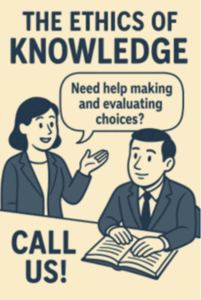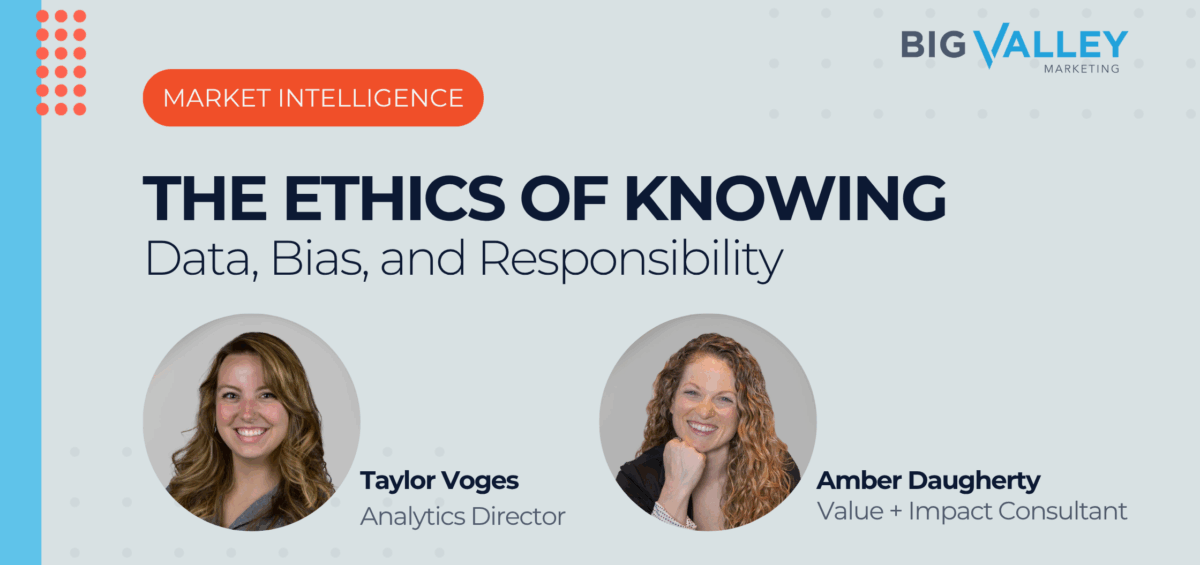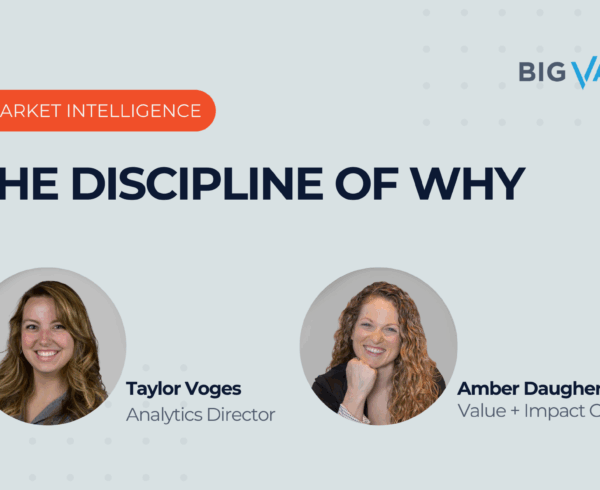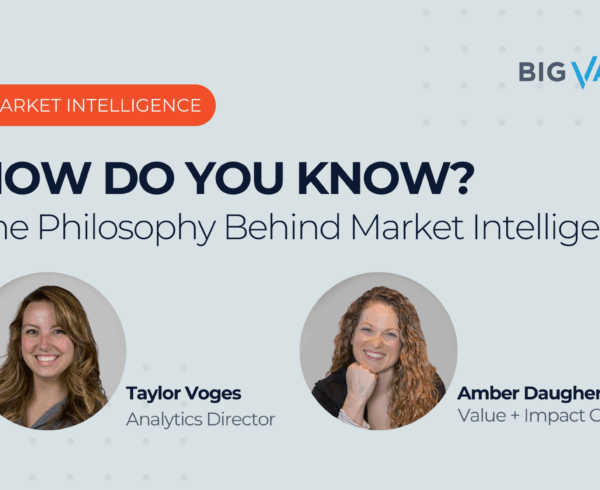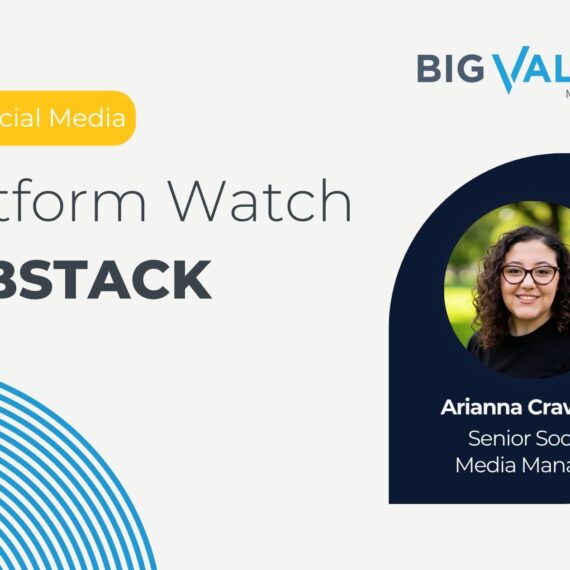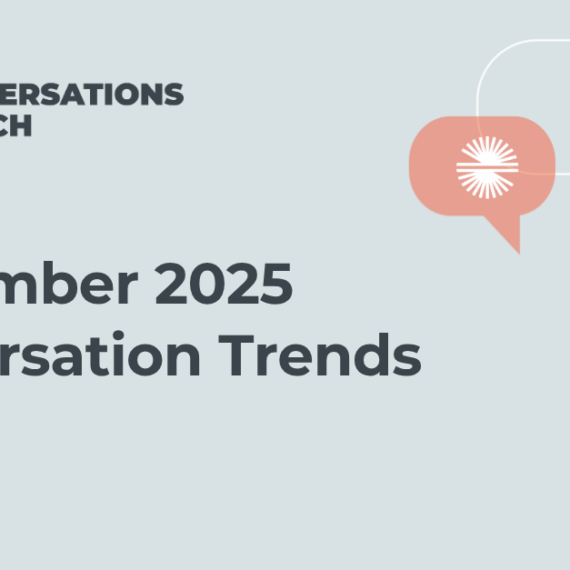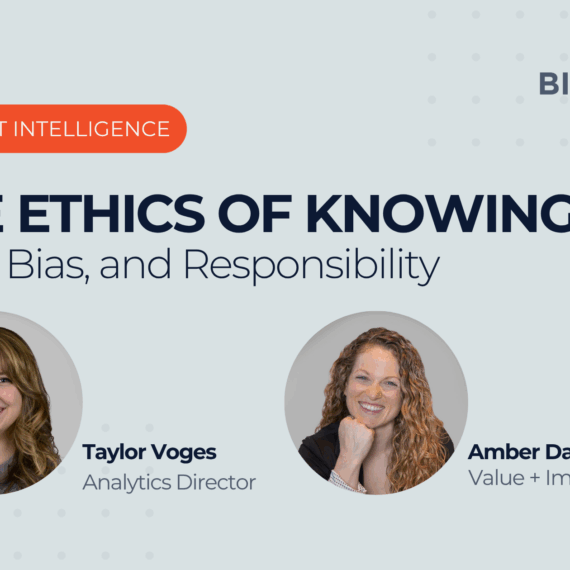It can be argued that research and knowledge create ethical responsibility. Every insight starts with interpretation. Every dataset is a composition of the questions we choose to ask, the audiences selected, and the assumptions we accept. Research requires assumptions and choices–otherwise, quite frankly, all work would have to start from stage one every time, with questions like how does anything come to be. But that makes ethics that much more important for research–it is the heart of the ethical imperative: intelligence is not just what we know, but how we come to know it, and what we do with it.
The Elephant in the Room
Before applying ethics to research, we first turn to the grand philosophical concept itself. Ethics. Inherently, virtually everyone knows what “ethics” means…until asked to define it. What is ethics? How does society know what it means to “act ethically”? What is right and wrong? The answer is quite complex, but DeGeorge provides a comprehensive definition:
In its most general sense, ethics is a systematic attempt to make sense of our individual and social moral experience, in such a way as to determine the rules that ought to govern human conduct, the values worth pursuing, and the character traits deserving development in life. (De George, 2010)
The philosophical discussion doesn’t end there–it fans out into ethical approaches, like deontology and utilitarianism, that ultimately guide decision making and right from wrong. With this background, we turn to ethics in research.
The Ethics of Tradeoffs
Every method involves compromise. There is no neutral design, no perfect measure, no purely objective interpretation. Researchers design projects with a bundle of explicit and implicit assumptions (about reality, knowledge, values, and causality) along with a series of cascading choices (about questions, theory, sampling, measures, and analysis). These assumptions and choices co-determine what counts as a good explanation and a credible result—so they are the foundation of methodology.
Choices shape not only our findings but also the systems of belief built on them. Ethical research is not about eliminating bias—it’s about making tradeoffs systematically, appropriately and transparently. To do this well requires honesty about the forces pulling in opposite directions: accuracy and timeliness, transparency and efficiency, availability and cost.
Bias is Inevitable—but not Unwieldy
Bias cannot be eliminated, but it is a condition to be managed. It enters through framing, sampling, modeling, and reporting. Left unchecked, it becomes invisible—and that’s when it’s most unruly.
The most persistent bias often comes from experience itself. Analysts, researchers, and strategists interpret data through their own lived knowledge—what they’ve seen work before, who they’ve worked with, what feels intuitively true. Personal experience gives pattern recognition but also narrows imagination. It privileges the familiar, making novelty harder to see and accept.
Ethical intelligence requires thoughtfulness and invites others to review, challenge, and reframe those interpretations. Declaring how conclusions were drawn, which data were used, and how personal judgment influenced them allows others to assess—not just accept—the results. That transparency is not a burden; it’s a safeguard for trust. When reasoning becomes visible, trust becomes verifiable.
AI and the Exponential Ethics Problem
Artificial intelligence accelerates both insight and illusion. It can uncover patterns invisible to the human eye, but it can also scale bias with breathtaking efficiency. A flawed prompt can become a narrative in seconds.
The ethical task isn’t to reject AI but to govern it. That means tracing data, documenting prompts, testing outputs for fairness, and keeping a human interpreter at every critical juncture. Transparency again becomes essential. When analysts disclose the AI engagement, via an appropriate and responsible use framework, they create the conditions for accountability. Without that, AI-driven intelligence risks becoming a closed system of unexamined authority, bias and more.
The Responsibility of Knowing
To know something is to bear responsibility for what it means and what happens next. In an age of algorithmic confidence and synthetic certainty, the most radical thing we can do is be thoughtful and show our work. Research practices should build reflection into every phase of intelligence work:
- Begin engagements with a statement of purpose and reflection of potential consequences.
- Review methods not just for accuracy, but for biases and assumptions.
- Make uncertainty visible; make limitations plain.
- Treat transparency as part of delivery–and not an add on at the end.
- Create spaces for reflection and discussion that examine the information with the purpose.
Ethical intelligence does not mean slower work—it means steadier and more thoughtful work based on research expertise and systematic methodologies. It makes bias visible, connects evidence to consequence, and reminds us that every dataset, like every decision, has a moral footprint.
